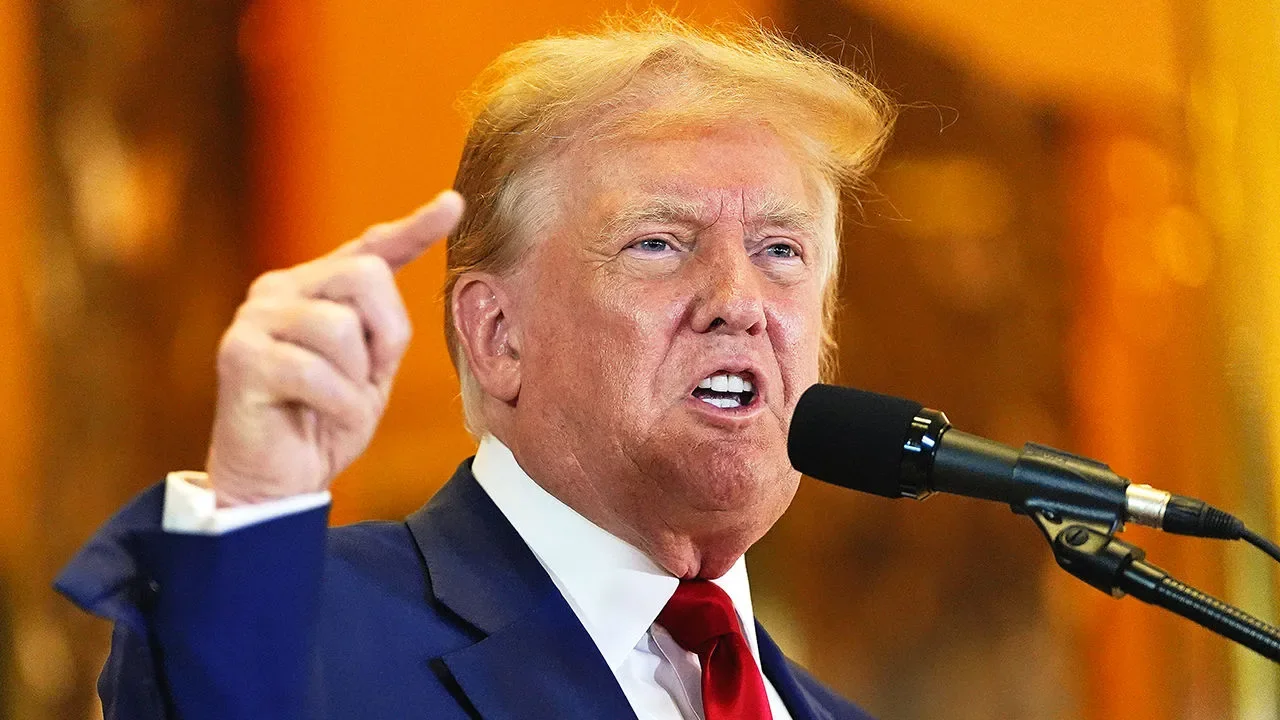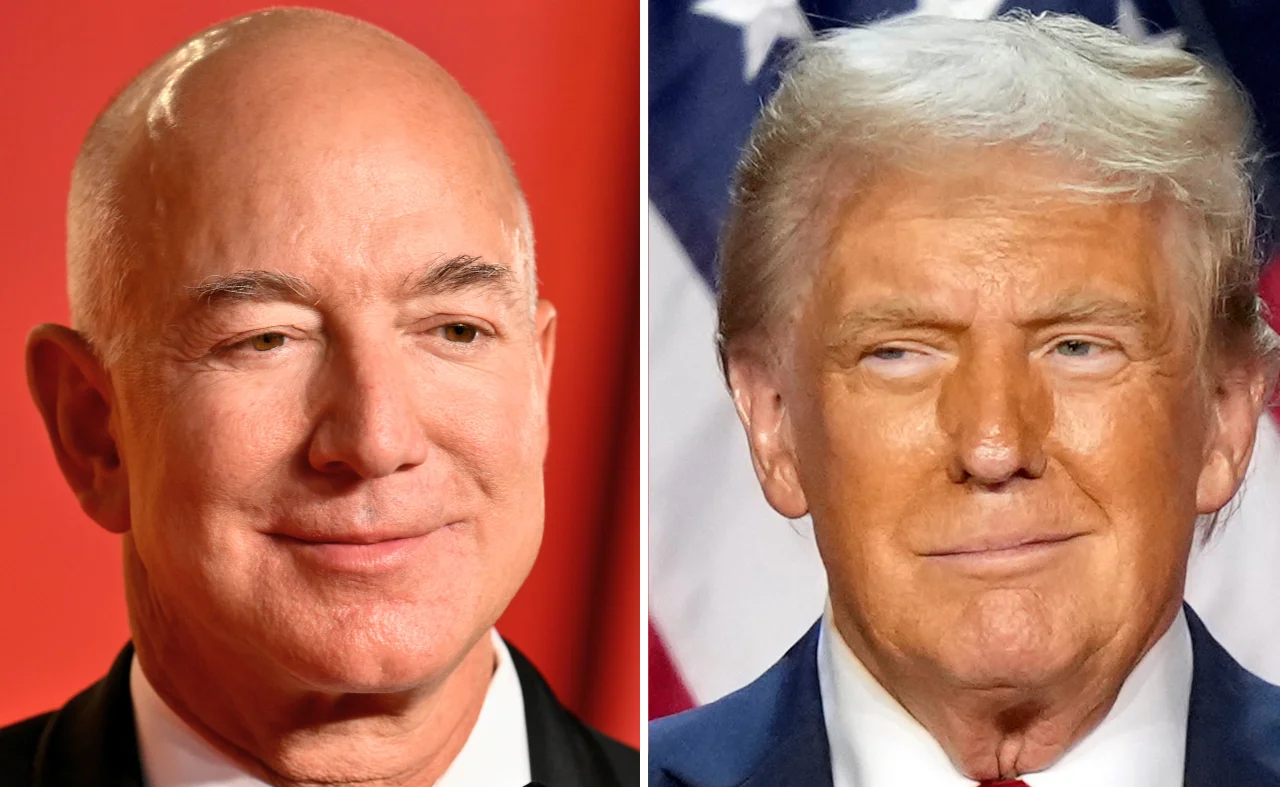On Monday morning, Vice President Kamala Harris released a video where she emphasized her commitment to fulfilling her Constitutional duty by certifying the results of the 2024 election.
‘Today at the United States Capitol, I will perform my Constitutional duty as vice president of the United States to certify the results of the 2024 election,’ Harris said. ‘This duty is a sacred obligation, one I will uphold guided by love of country, loyalty to our Constitution and my unwavering faith in the American people.’
True to her word, Harris sat at the front of the room as Congress officially confirmed President-elect Donald Trump’s victory over her own candidacy. This moment represented the final chapter of a long and difficult election cycle for Harris, especially after Trump won all seven of the critical swing states. Harris had taken over the top spot on the Democratic ticket from President Joe Biden in late July, making her own election loss even more significant.
The results marked the end of a fierce race, which was full of tension and struggle. Harris, however, remained focused on the importance of upholding American democracy. ‘The peaceful transfer of power is one of the most fundamental principles of American democracy,’ she stated in her video message. ‘As much as any other principle, it is what distinguishes our system of government from monarchy and tyranny.’
This message came on the fourth anniversary of the January 6th Capitol attack, a tragic event that highlighted the vulnerability of the American political system. Reflecting on that moment, Harris acknowledged the fragility of democracy. ‘As we have seen, our democracy can be fragile,’ she said. ‘And it is up to then each one of us to stand up for our most cherished principles and to make sure in American our government always remains of the people, by the people and for the people.’
Harris’s words emphasized the need for citizens and leaders to remain vigilant in defending democratic values. Her strong stance also underscored the belief that American democracy is not just a system of government but a living, breathing entity that requires constant protection and care.
While Harris’s situation was unique, she was not the first vice president to oversee the certification of election results following a loss. In fact, several other vice presidents had faced similar moments in history. One notable example is Democratic Vice President Al Gore, who found himself in the same position after the 2000 election, where he lost the Electoral College vote to Republican George W. Bush. In that election, the decision came down to the state of Florida, which was contested and crucial to the outcome. Despite his loss, Gore still chaired the session to certify the results.
A similar situation unfolded in 1960, when Vice President Richard Nixon was defeated by Democrat John F. Kennedy. Nixon also carried out his duty to preside over the joint session, ensuring the peaceful transition of power.
However, not all vice presidents faced their election loss with the same presence. In 1968, Vice President Hubert Humphrey chose not to chair the session when he lost the election to Richard Nixon. Instead, he attended the funeral of the first U.N. secretary-general, marking a different way of handling the ceremonial role.
There have also been instances where vice presidents had to preside over the session after not being reelected to serve a second term. Vice President Mike Pence, for example, faced immense pressure during the 2020 election aftermath. President Donald Trump had pushed Pence to reject the results of key swing states that Joe Biden had won. This was part of Trump’s broader effort to overturn the 2020 election outcome. Despite the intense pressure from Trump and his supporters, Pence refused to act against the certification of the election results, a stance that led to his estrangement from Trump and his supporters.
In contrast, Vice President Dan Quayle, who served under President George H.W. Bush, had to oversee the session when they lost the 1992 election. Similarly, Vice President Walter Mondale faced the same situation after President Jimmy Carter lost the 1980 election.
In addition to these historical examples, a moment during the Senate’s ceremonial swearing-in ceremonies on Friday gained attention. The 8-year-old son of Senator Ruben Gallego went viral for his heartfelt comment to the vice president, expressing his wish that she had won the 2024 election.
‘You know what, sweetheart?’ Harris responded warmly to young Michael. ‘Don’t worry about it, because there’s still so much work to do.’ Her reply was one of optimism and determination, even in the face of a challenging defeat. She then asked him if he understood the meaning of ‘defeated,’ seeking to offer him perspective on resilience in the face of loss.
‘Are we defeated? Nope,’ Harris said, with confidence. ‘We’re not defeated.’
Harris’s words were not just a response to a young child’s innocent remark but also a testament to her own strength and commitment to moving forward. Despite the loss, she remained resolute in her belief in the future and in the ongoing work required to improve the nation.
This moment highlighted the vice president’s belief that losing an election is not the end of the road but rather a part of a larger journey. It serves as a reminder that regardless of the challenges or setbacks, the work of governance and public service continues. Harris’s message, both in her video and her exchange with young Michael, was clear: no matter the outcome, the work for the American people and democracy remains the highest priority.





